
For travelers seeking reliable planning tools, Visit Qatar and Discover Qatar serve as authoritative directories for everything from visa policies and upcoming events to itinerary ideas and essential travel tips. Culture enthusiasts can explore the vibrant scene via sites like Qatar Museums and Qatar Creates, which announce current exhibitions, festivals, and unique art experiences throughout the year.
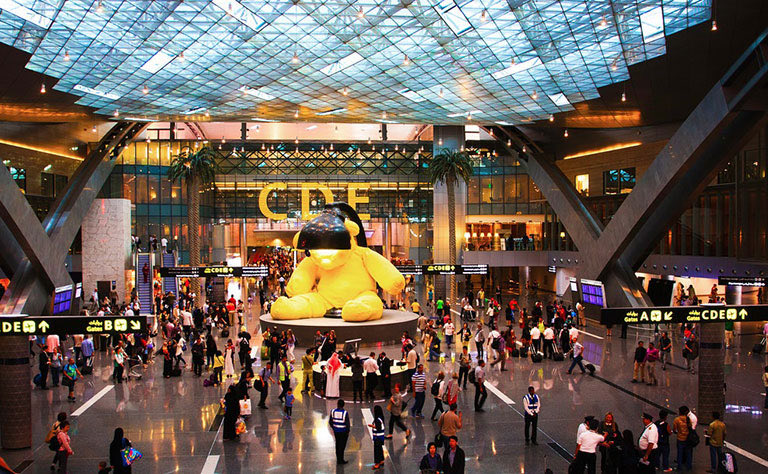
Frequent global campaigns, year-round festivals, and record visitor numbers reflect Qatar’s commitment to making the country hospitable and exciting for tourists.
Doha Corniche & Al Bidda Park
Spanning along the sparkling turquoise waters of Doha Bay, the Doha Corniche provides a scenic walkway, perfect for sunrise and evening strolls. The iconic horseshoe-shaped boulevard offers dazzling skyline views and memorable dhow cruises, where guests witness the city illuminated at night.
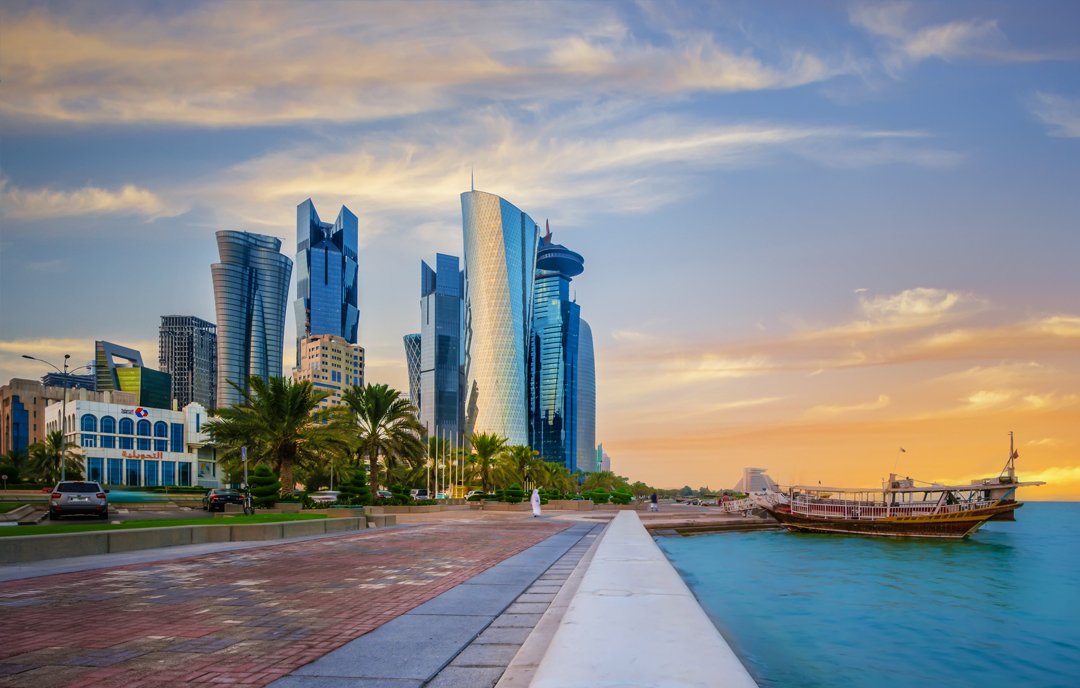
Adjacent to this, Al Bidda Park—one of Qatar’s largest and oldest parks—features vast lawns, cycling and jogging trails, children’s play zones, sports courts, and even a dedicated area for pets. The park’s open-air amphitheater, barbecue stations, and shaded picnic spots make it a popular hub for family gatherings, national celebrations, and year-round outdoor recreation.
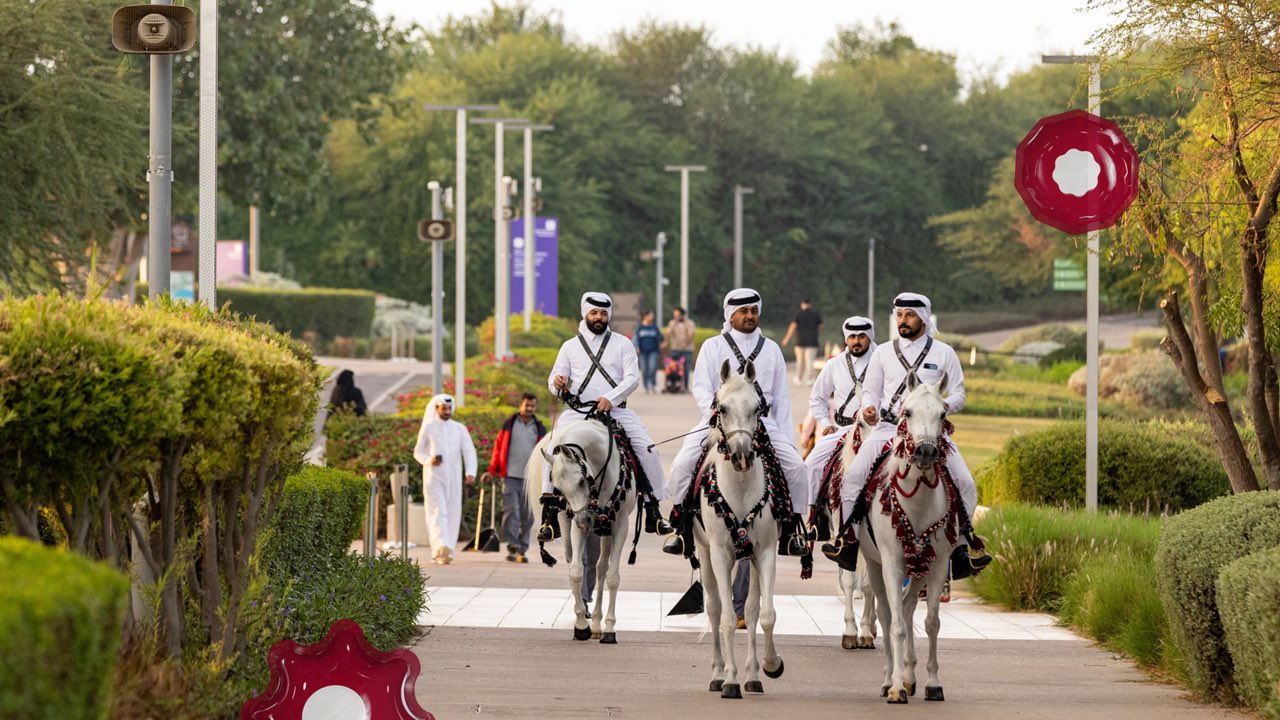
Souq Waqif & Msheireb Downtown
Souq Waqif stands as Doha’s cultural heart, bustling with spice shops, antiques, woven textiles, traditional garments, falconry displays, and atmospheric alleyways. Culinary tours lead visitors to authentic Qatari restaurants, aromatic tea houses, and vibrant shisha lounges. Shoppers can explore intricate gold jewelry, hand-crafted souvenirs, and artworks from regional artisans.
.jpg)
Next door, Msheireb Downtown Doha exemplifies sustainable urban renewal: this modern district combines minimalist architecture, eco-friendly transport, shaded public spaces, and cultural attractions—all designed to honor Qatari heritage while embracing smart technology. Pedestrian-friendly streets are lined with creative cafes, international restaurants, and innovative museums documenting the local way of life.
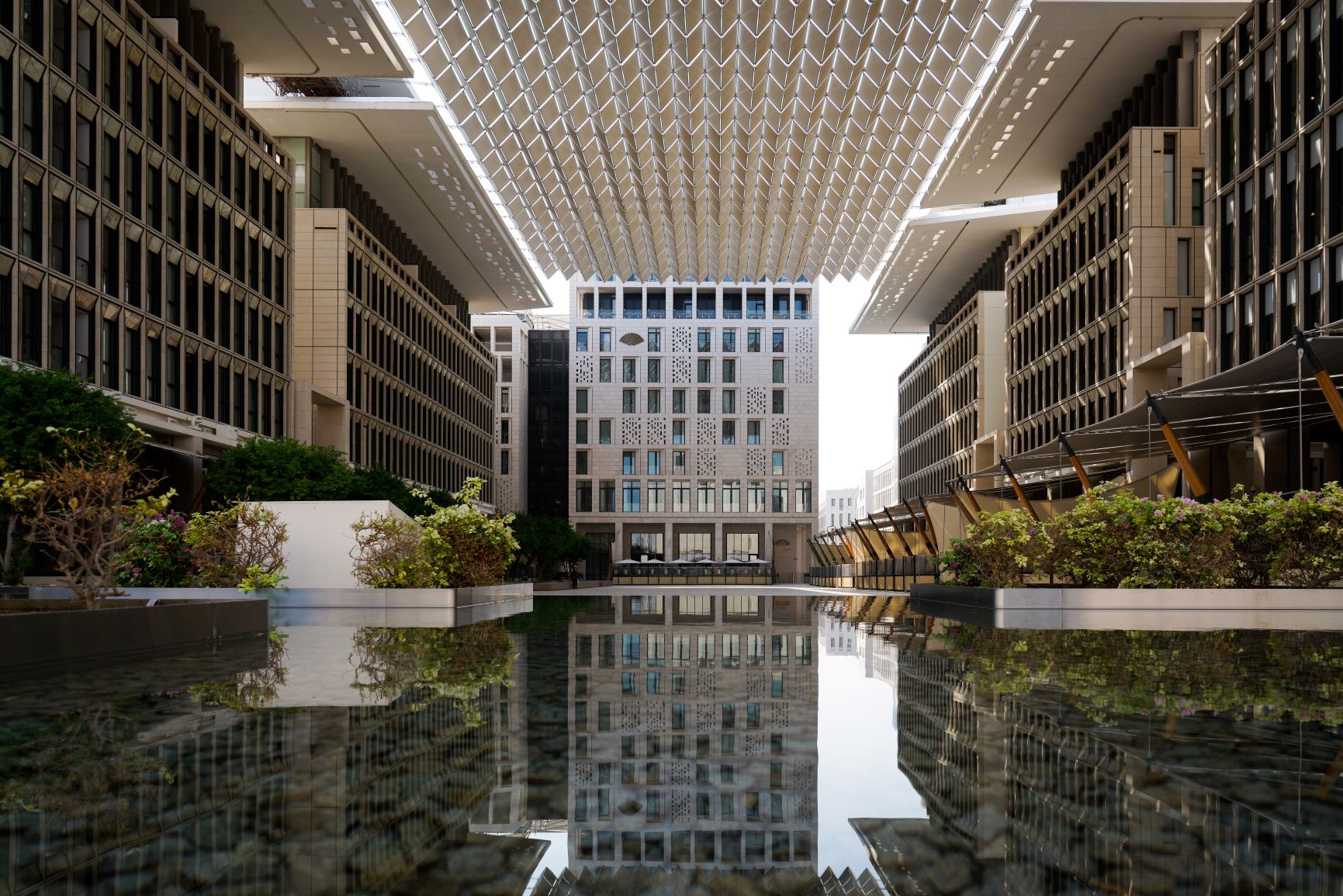
Museum of Islamic Art & National Museum of Qatar
Floating off the Corniche with imposing geometry, the Museum of Islamic Art (MIA) houses masterpieces from Spain to India and beyond, showcasing centuries of Islamic artistry—ceramics, textiles, weapons, manuscripts, and intricately designed jewelry.
.jpg)
The surrounding MIA Park is celebrated for its coastal walking tracks, sculpture gardens, and city vistas. Nearby, the National Museum of Qatar (NMoQ) resembles a desert rose in its architecture, inviting guests to journey through the country’s natural history, Bedouin traditions, social evolution, and technological progress through cutting-edge immersive galleries.
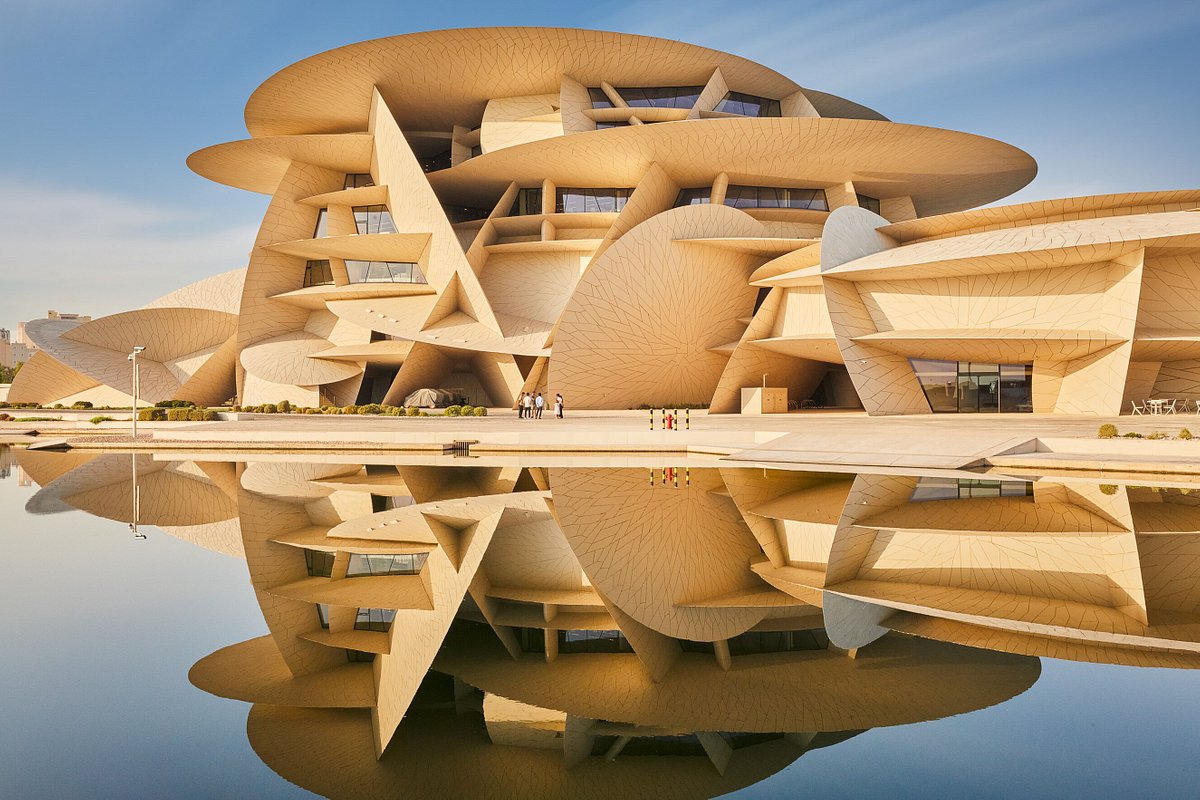
Old Doha Port & Mina District
Revamped to accommodate modern cruise tourism, Old Doha Port boasts a contemporary cruise terminal and lively marina, welcoming maritime travelers year-round.
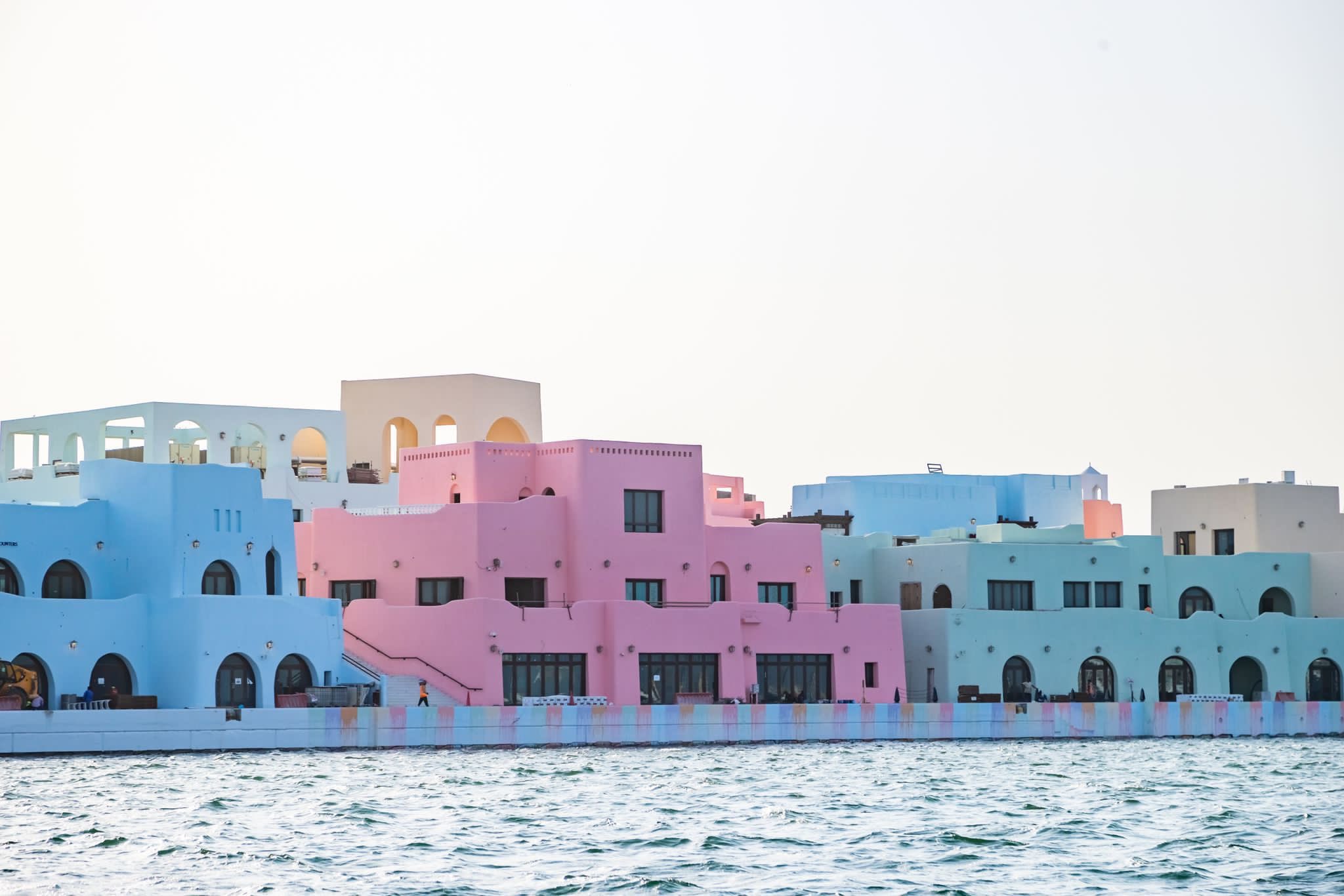
The charming Mina District is alive with pastel-colored shops, seafront restaurants, local fish markets, mosaic art, and the innovative Box Park—created from recycled shipping containers and continually hosting pop-up cultural events.
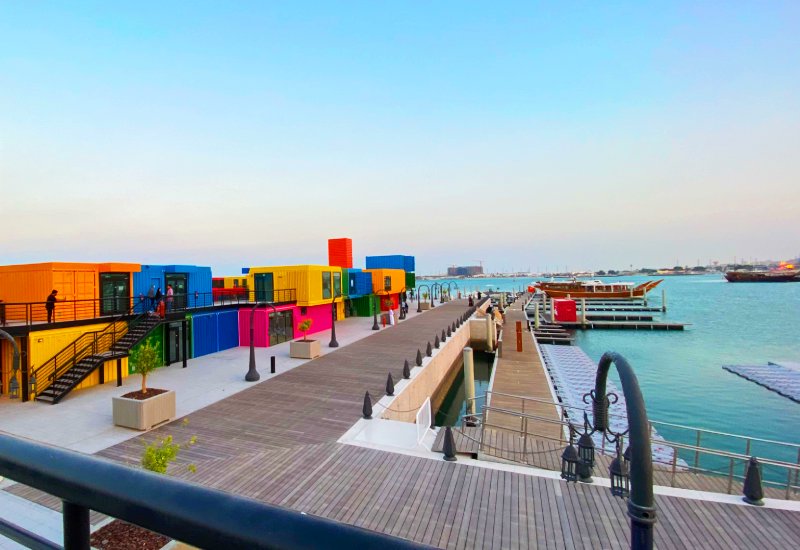
Al Wakra Souq & Beaches
A short drive from Doha, Al Wakra Souq recreates a historic village atmosphere through maze-like walkways lined with traditional shops, seafood cafes, and local art galleries.
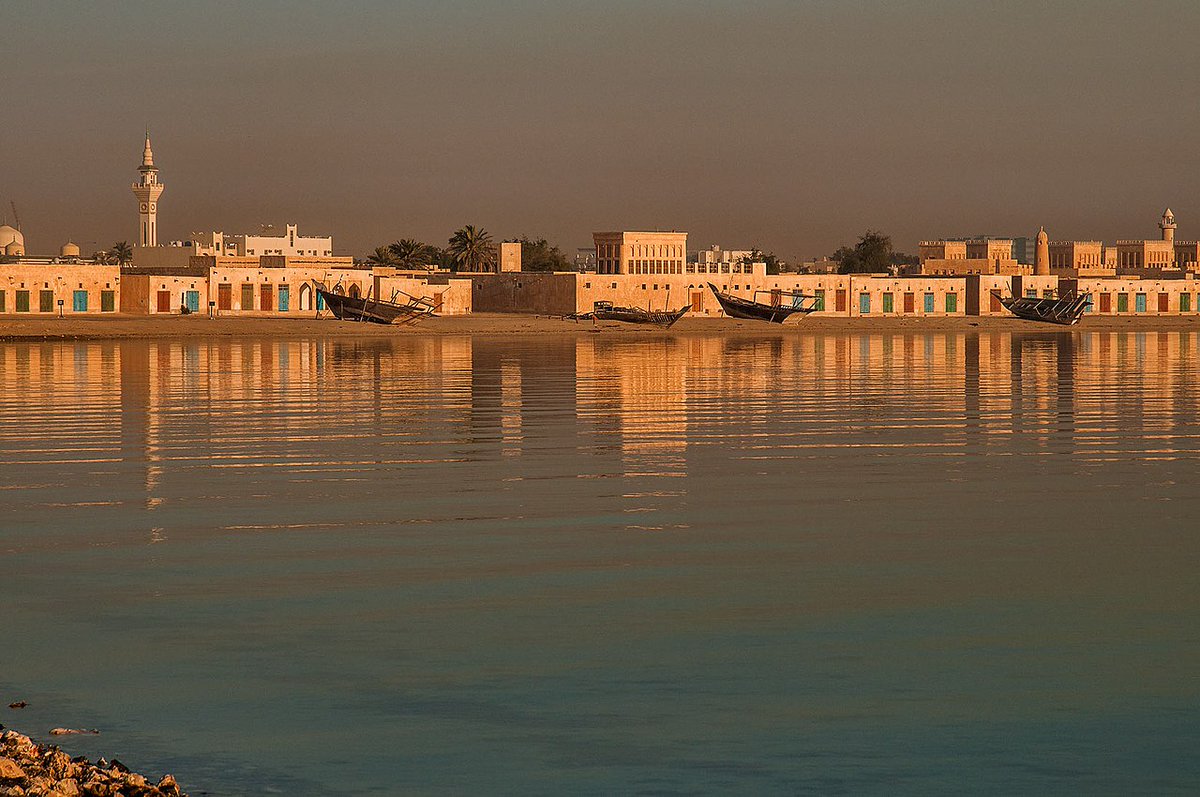
The nearby Al Wakra Family Beach is known for its pristine sands, gentle waves, and family-friendly amenities. Ezdan Mall – Al Wakra offers retail and dining options for visitors seeking modern conveniences within reach of the coast.
Katara Cultural Village, The Pearl, & Lusail
Katara Cultural Village unites art, music, film, and culinary experiences in a picturesque seaside enclave. Architectural highlights include grand mosques, art galleries, outdoor amphitheaters, and year-round festivals.
.jpg)
The Pearl-Qatar dazzles with its luxury yacht marina, upmarket shopping, international fine dining, and Mediterranean-inspired promenades, providing an immersive luxury lifestyle.
.jpg)
To the north, Lusail City stands as a futuristic smart metropolis, offering sustainable green spaces, landmark towers, and the bustling Lusail Marina Promenade, home to world-class entertainment and sports venues.
Adventure: Desert Excursions & Watersports
Thrill seekers head to the vast sand dunes of Sealine and Khor Al Adaid, with options for off-road dune bashing, sandboarding, or camel trekking deep into the desert.
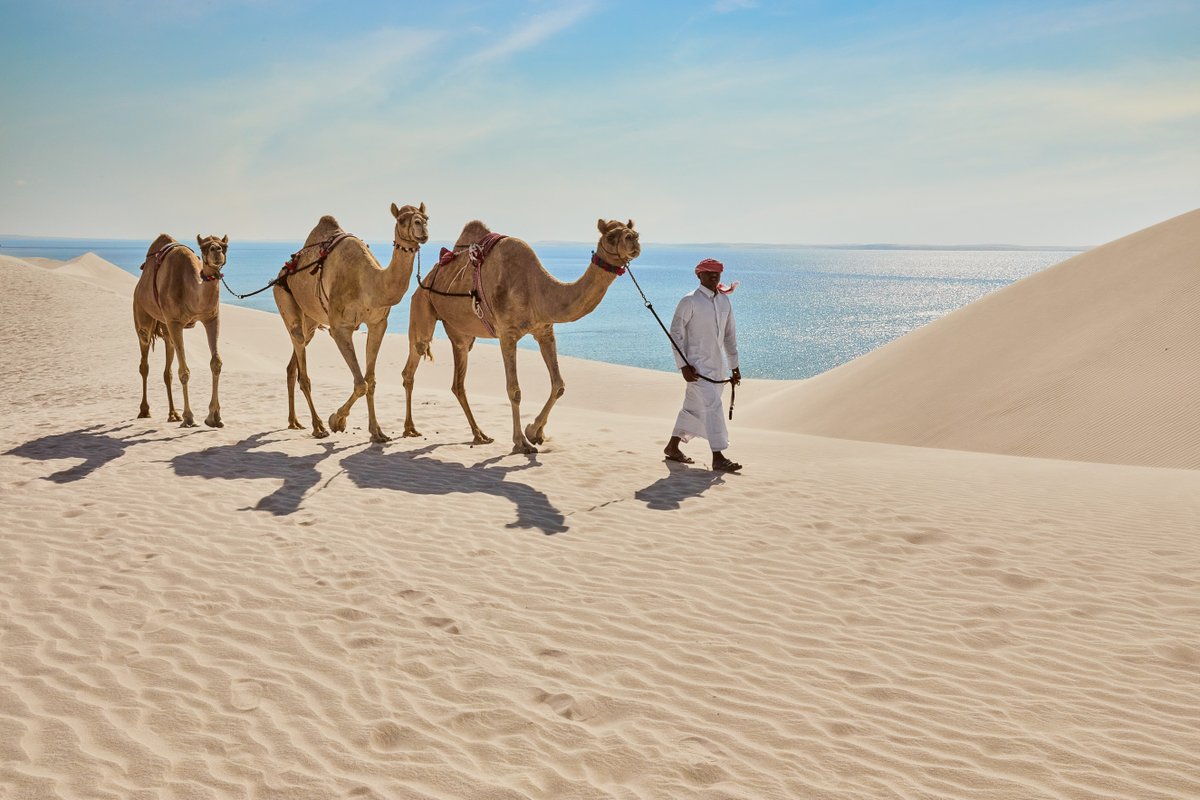
Nature lovers can kayak through the mangroves of Al Thakhira or Al Khor, encounter migratory birds, or try kite-surfing along calm coastal waters, combining eco-tourism with exhilarating adventure.
Sporting Venues: Golf, Aspire Zone & More
Golf fans enjoy premier courses and clubhouses at Doha Golf Club and Education City Golf Club, both equipped for world-class international tournaments.
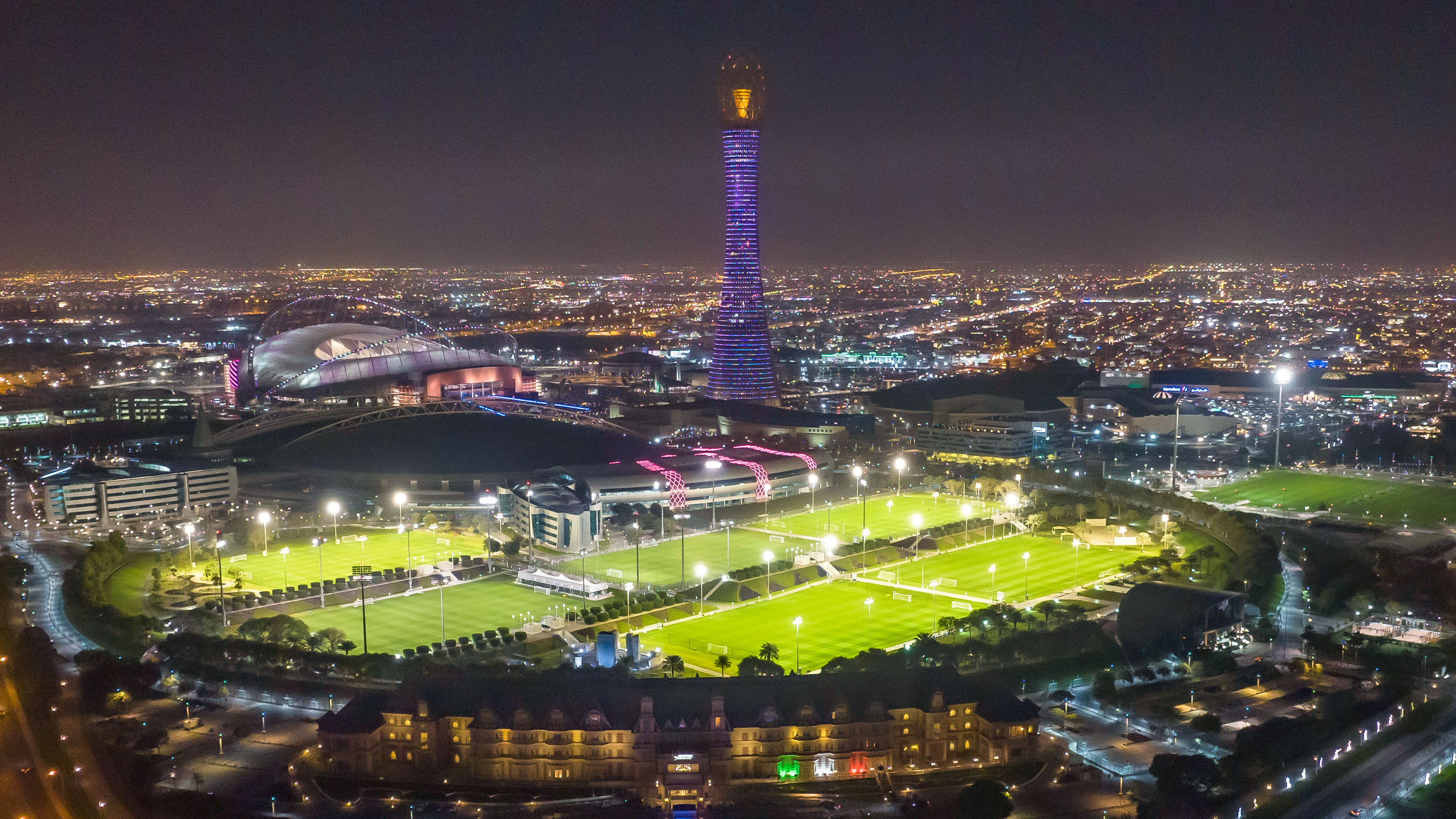
The sprawling Aspire Zone—dubbed “Sporty City”—houses Aspire Park, stadiums, training centers, and the Venetian-style Villaggio Mall, offering entertainment ranging from ice skating to luxury shopping beneath painted skies.
Heritage: Fortresses & Archaeological Ruins
History enthusiasts delve into the UNESCO World Heritage-listed Al Zubarah Fort, a symbol of ancient trade and defense, preserved with informative exhibits and panoramic desert views.
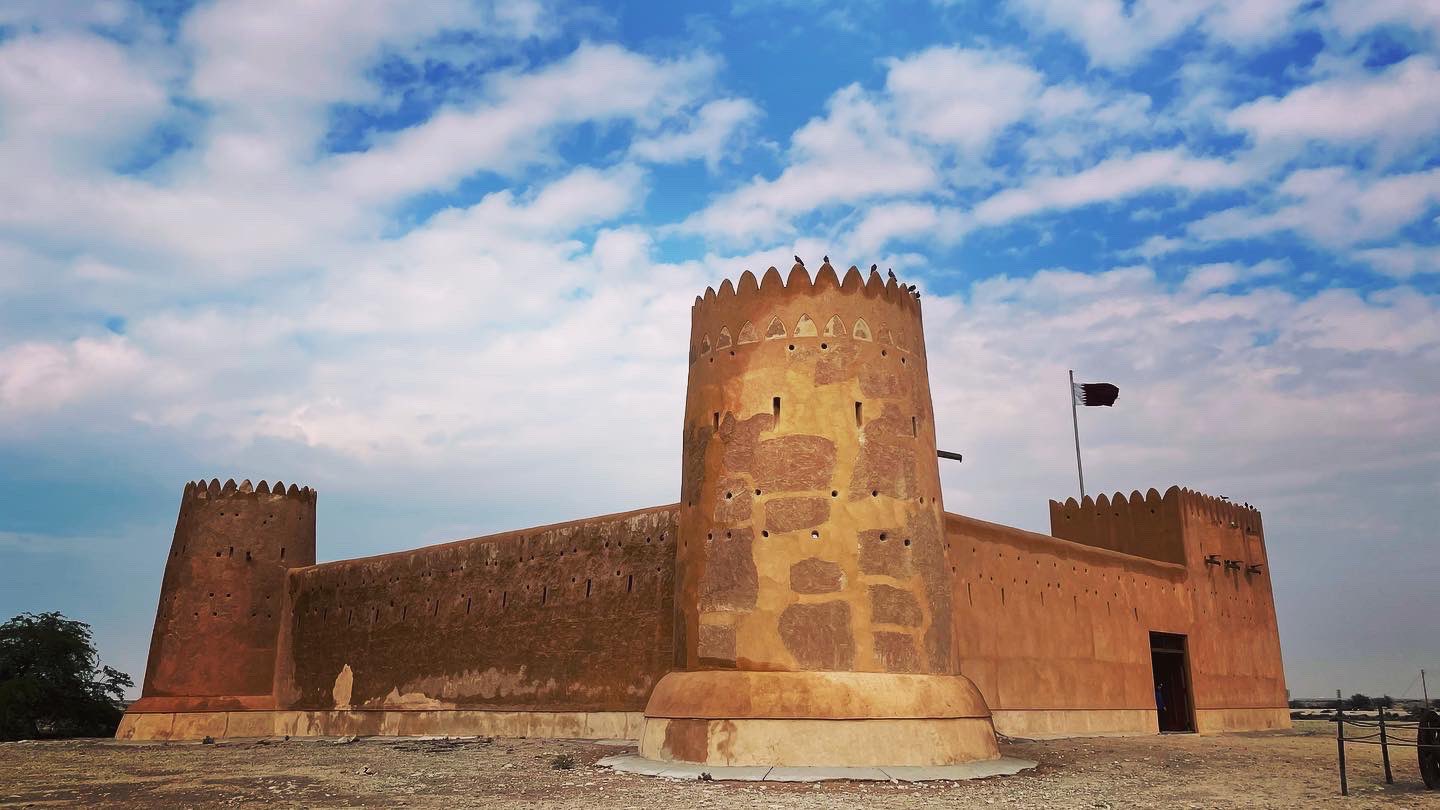
The Zekreet area features otherworldly limestone formations and prehistoric ruins, ideal for hiking, exploration, and striking photography.
Shopping: Malls & Historic Markets
For high-end retail, entertainment, and dining, head to Doha Festival City, Mall of Qatar, Place Vendome, and Tawar Mall—each combining international brands, theme parks, cinemas, and gourmet food courts.
.jpg)
For an authentic atmosphere, traditional souqs offer spices, perfumes, textiles, and handcrafted goods, promoting local heritage and supporting Qatari artists.
City Transport and Navigation
Movement across the capital is easy thanks to the extensive Doha Metro network, which efficiently links hotspots, shopping centers, airport terminals, and residential zones with climate-controlled stations.
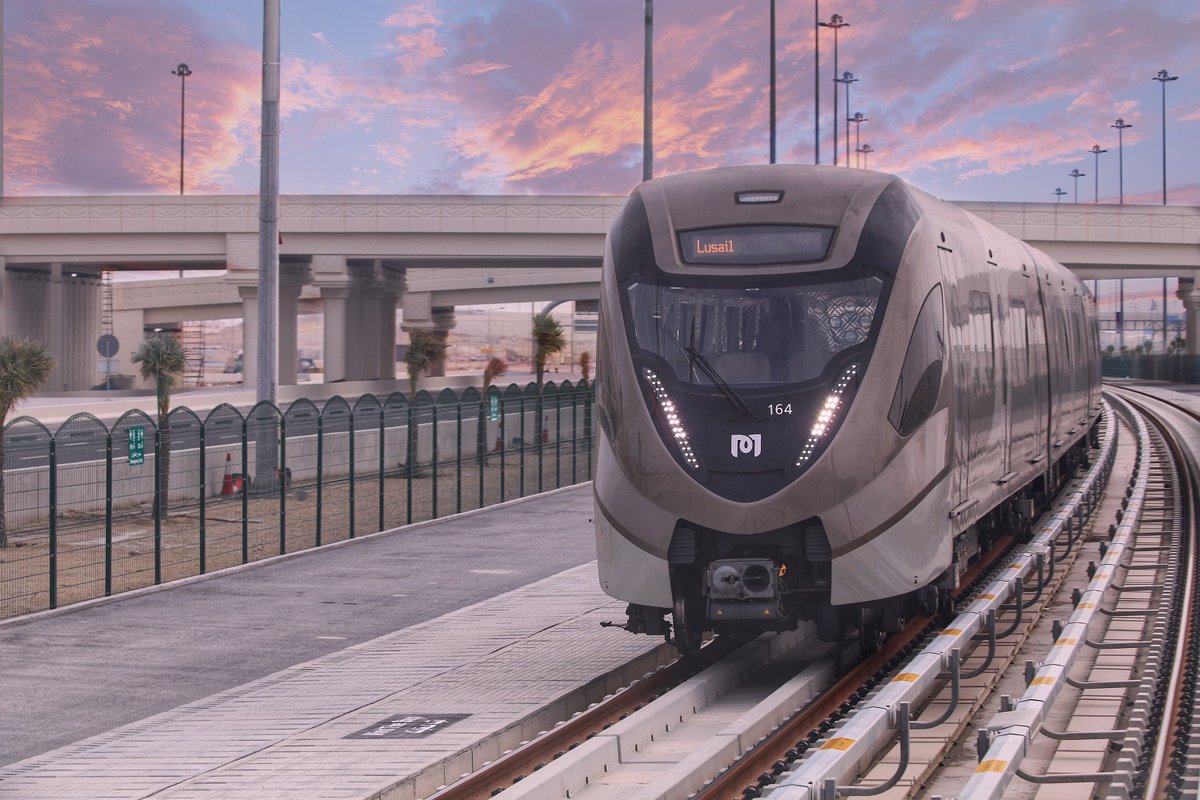
Tourists enjoy flexible sightseeing via the Hop-On Hop-Off bus service, while taxis, ride apps, and heritage trams in Msheireb facilitate exploration of both modern and cultural districts.
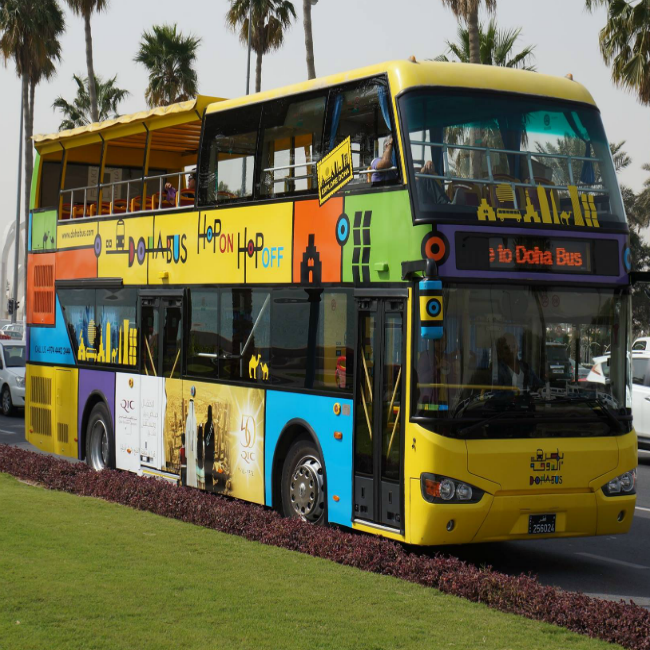
This enhanced guide reflects Qatar’s dynamic blend of tradition, innovation, and hospitality in 2025—welcoming visitors to discover a vibrant, evolving country filled with unique experiences, world-class amenities, and enduring memories.
Expert Tips for Visitors
Essential Pre-Travel Preparations
- Check that a passport is valid for at least six months past arrival, and review visa eligibility: as of 2025, over 100 nationalities can enter visa-free or with a quick e-visa.
- Secure comprehensive travel insurance, including health coverage and emergency services.
- Book hotels and internal flights early, especially for major festivals, sports events, or peak winter tourist season (November–March).
Local Etiquette & Safety
- Dress modestly in public; avoid shorts, sleeveless tops, or revealing outfits—especially in government areas, markets, and places of worship.
- Refrain from public affection or displaying strong emotions, and respect local privacy when photographing people or sites.
- Alcohol is only permitted at licensed hotels and bars; pork and drugs are strictly banned.
- Accept invitations to social gatherings graciously—refusing a meal or coffee may be considered impolite in Qatari culture
Practical Navigation & Transport
- The Doha Metro is modern, safe, and affordable, connecting most tourist sites. Use ride-share apps (Careem or Uber) and official Karwa taxis for flexible city travel.
- Walking and cycling are pleasant along the Corniche, Msheireb, and The Pearl; traffic can be heavy in central areas, so allow extra time if driving.
- Private transfers and hotel shuttles are recommended for airport trips, especially late at night or for families.
Climate & Health
- Summer temperatures (June–September) often exceed 45°C; seek shade, hydrate frequently, and schedule outdoor activities for mornings or evenings.
- Mild winters (November–March) are ideal for sightseeing, festivals, desert trips, and outdoor dining.
Cultural Tips
- Learn basic Arabic phrases and greetings such as “Salamu alaykum”; standing to greet elders and hosts is a sign of respect.
- Always use the right hand for giving or receiving items.
- If visiting during Ramadan, avoid eating, drinking, or smoking in public during daylight hours; many restaurants remain closed until sunset.
Emergency & Safety
- Qatar ranks among the world’s safest countries, but always follow local laws and avoid taking photos of official buildings, police, or any individuals without permission.
- Emergency numbers: Police, ambulance, and fire services: dial 999. English is widely spoken among first responders.
These tips help travelers blend in with local customs, navigate Qatar’s venues efficiently, and enjoy a safe, enriching journey in 2025.


.jpg)
.jpg)
.jpg)

.jpg)


.jpg)


.jpg)

.jpg)

.jpg)
.jpg)













.jpg)
.jpg)
 (1).jpg)
.jpg)
.jpg)

.jpg)



.jpg)
 (1).jpg)



.jpg)

.jpg)


.jpg)

 (1).jpg)
.jpg)


.jpg)